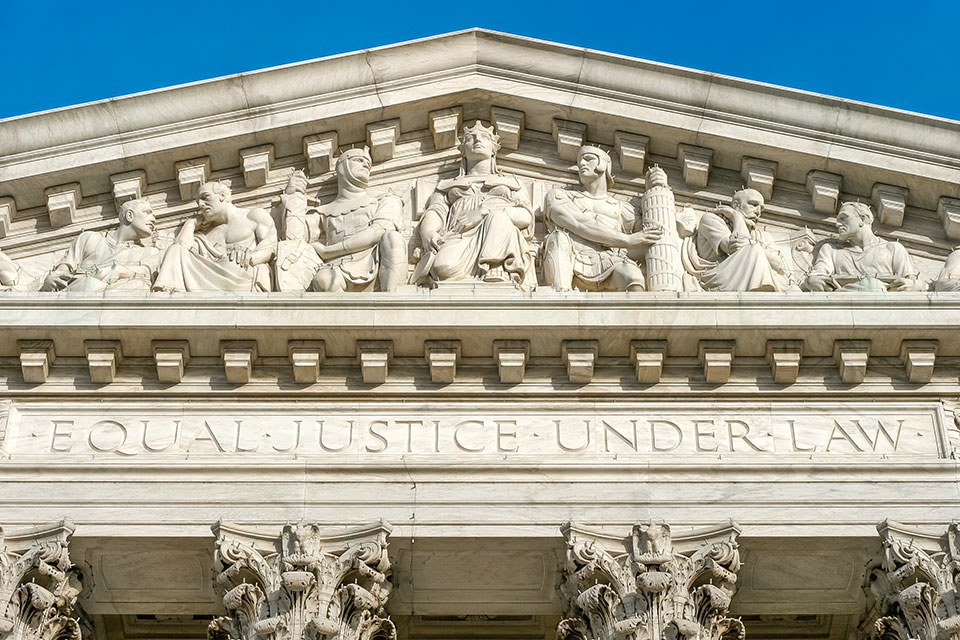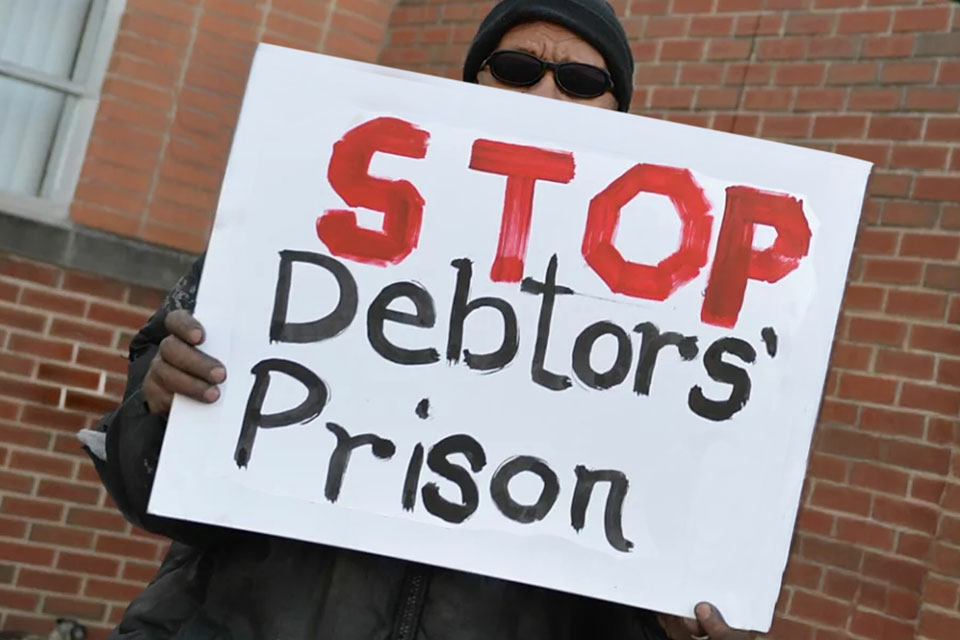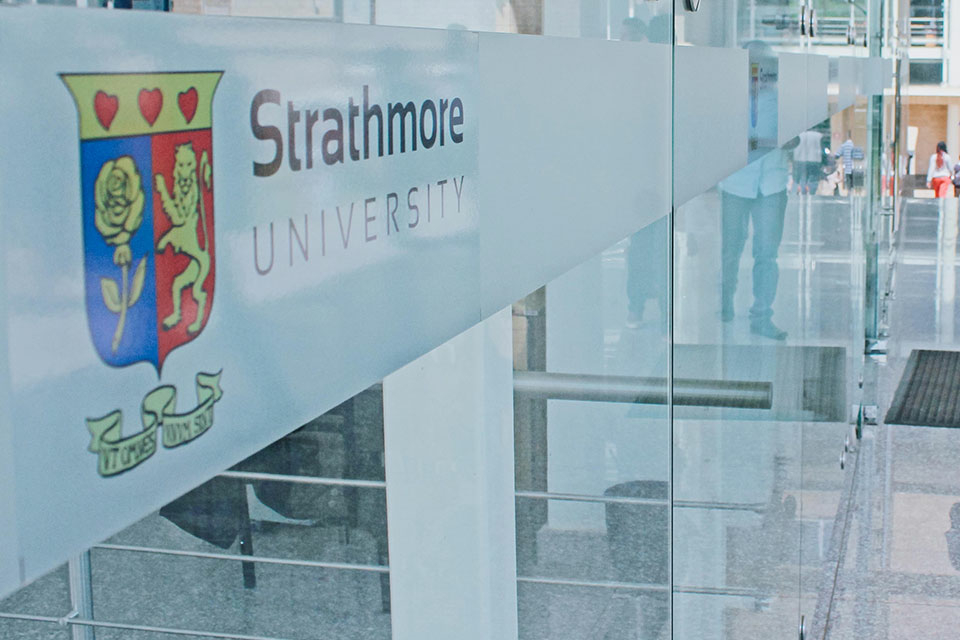Righting a wrong
Securing a US$9.45 million settlement for a client wrongfully imprisoned for more than 20 years

At White & Case, we believe that the law is not only a tool for advocacy but also a powerful force for meaningful change. Our commitment to responsible business is deeply woven into the fabric of who we are and, each year, our pro bono work and community engagement reflect this dedication. In 2024, our efforts continued to confront some of the world’s most pressing challenges.
We pursued freedom and justice for individuals denied due process through our fight to secure a multimillion-dollar settlement for a client wrongfully imprisoned for more than 20 years, and our landmark victory against unconstitutional debtors' prisons, ensuring accountability and systemic change for the most vulnerable members of the community.
Our Firm has always prioritized investing in the next generation. Our work to ensure children in New Hampshire have access to the quality education they are legally guaranteed exemplifies this commitment, as does our efforts to equip future African lawyers with strong foundations in legal ethics—helping to shape opportunities for generations to come.
None of this work happens in isolation. It is the product of collaboration—within our Firm and with our clients, nonprofit partners and communities worldwide. Our dedication to responsible business reflects our values as a global leader in the legal profession.
As we look ahead, we remain steadfast in our belief that the law can be a catalyst for transformation. The challenges we face may evolve, but our commitment to driving meaningful, lasting change remains resolute.
Learn how our people are shaping a better tomorrow—one case, one project and one community at a time
105,700pro bono hours
400+organizations financially supported
5,500+students supported through our legal educations programs
5,130books donated to youth in developing countries
Major achievements include securing US$9.45 million in compensation for a wrongfully convicted client and a landmark victory against unconstitutional debtors' prisons
Securing a US$9.45 million settlement for a client wrongfully imprisoned for more than 20 years

The Firm's class-action lawsuit stops unconstitutional jailings of indigent people in Ferguson, Missouri

Video highlight
Pro Bono Partner Angela Daker discusses our strategy to end debtors’ prisons in Ferguson
Highlights of our work include helping safeguard children from sexual exploitation in Europe and preparing the government of Kenya to confront disaster-driven instability

Helping Kenya prepare for natural disaster-driven conflict

Video highlight
Public International Law & Policy Group's President, Dr. Paul R. Williams, discusses our project on natural disasters, resource scarcity and conflict in Kenya
Two impactful projects include helping safeguard public education funding in New Hampshire and working with 40 heads of African law schools on integrating legal ethics into their curriculum
Improving education standards for New Hampshire public school students

Conference proposes to incorporate legal ethics into African law school education

Video highlight
Partner and General Counsel Jennifer Paradise discusses the importance of legal ethics education
For more information about our commitment and activities, please visit our Responsible Business web pages:
© Jasper Doest / Bespoke
A reflection of the Rotterdam skyline on the mirrored panels of the Depot Boijmans Van Beuningen.

Conference proposes to incorporate legal ethics into African law school education
Legal ethics education can play a foundational role in fostering trust in legal institutions, thus serving as a catalyst for building effective and fair legal systems.
Recognizing this, White & Case partnered with the African Centre on Law & Ethics (ACLE) at Ghana Institute of Management and Public Administration (GIMPA) Law School, Fordham Law School and Strathmore Law School to engage stakeholders in a discussion about establishing this ethical foundation in law students, before they embark on their legal careers.
Ethical legal training is critical not only for individual practitioners but for the credibility of the entire legal system.
Dr. Peter Kwenjera, Dean Emeritus and Lecturer
Strathmore Law School
A three-day program in Nairobi, Kenya, entitled "Ethical Foundations of Legal Education: The Future of Access to Justice in Africa," brought together more than 35 law school deans from 11 African countries, including the Republic of the Congo, Cameroon, Ethiopia, Ghana, Kenya, Mozambique, Nigeria, Rwanda, South Africa, Tanzania and Uganda.
The deans were joined by prominent lawyers, judges and academics from across the continent, as well as New York partner and General Counsel Jennifer Paradise, London partner and Chair of the Firm's Responsible Business Committee Melissa Butler and the Washington, DC Director of Responsible Business Elizabeth Black.
Through interactive discussions and panels, participants explored the challenges and opportunities of incorporating legal ethics into law school curricula, reviewed the current state of legal ethics education in African law schools, shared best practices, and reinforced the ethical principles and rules central to professional legal practice.
The conference emphasized that instilling a strong ethical foundation in future lawyers is not just about compliance with professional codes—it is about shaping legal professionals who are committed to integrity, accountability and justice.
"Ethical legal training is critical not only for individual practitioners but for the credibility of the entire legal system," said Dr. Peter Kwenjera, Dean Emeritus and Lecturer at Strathmore Law School. "By establishing ethical decision-making from the start, we equip future legal professionals with the tools to uphold the rule of law and promote access to justice."
The conference concluded with the creation of the Council for Ethics in Legal Education in Africa (CELE – Africa). The Council's goal is maintaining the focus on legal ethics in Africa by developing legal ethics curricula to help professors integrate it into their teaching.
The final day of the conference included interactive exercises addressing actual legal ethics scenarios with more than 80 students from ten Kenyan law schools. Small group sessions focused on cross-border issues involving legal codes of ethics, regulation and enforcement, attorney-judge relationships, confidentiality and conflicts of interest, and allowed students to provide feedback on curriculum content and pedagogical teaching methods.
Paradise, who helped organize the conference and prepare the program's curriculum, says, "The student sessions incorporated real-life scenarios so that students can apply this training to situations that may arise in their careers. Instilling a strong sense of legal ethics in future lawyers is increasingly important, so that they are prepared to navigate complex legal landscapes while upholding justice and integrity."
White & Case, Fordham Law School and GIMPA Law School first collaborated on legal ethics training in 2016 in Ghana. In 2017, the three created the ACLE to continue the legal ethics training for students and practitioners. The ACLE is now independently operated and managed by GIMPA Law School.
Video highlight
Partner and General Counsel Jennifer Paradise discusses the importance of legal ethics education
© Strathmore University / Victor Anyura
Strathmore University logo is shown on glass doors reflecting students who are walking to class.